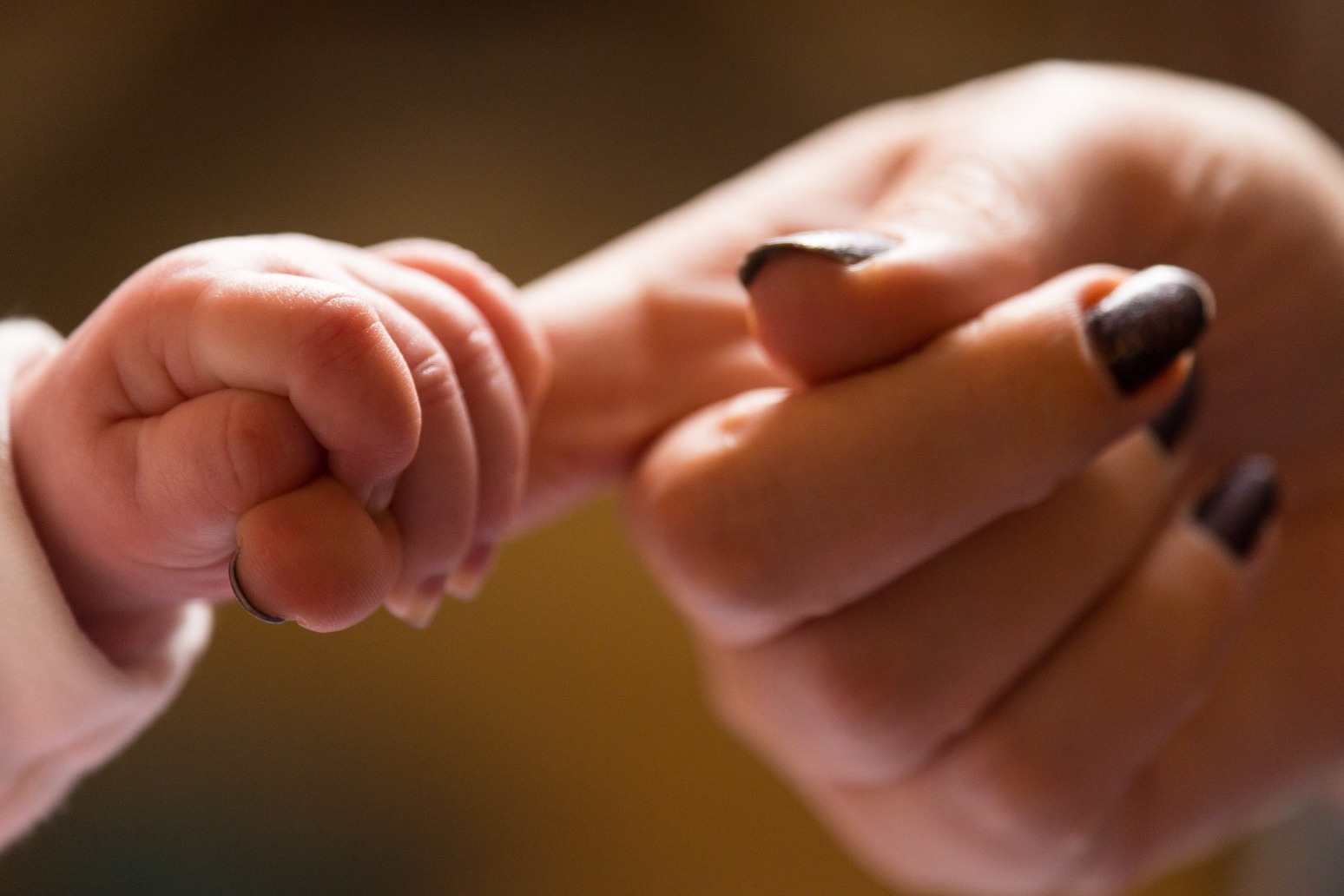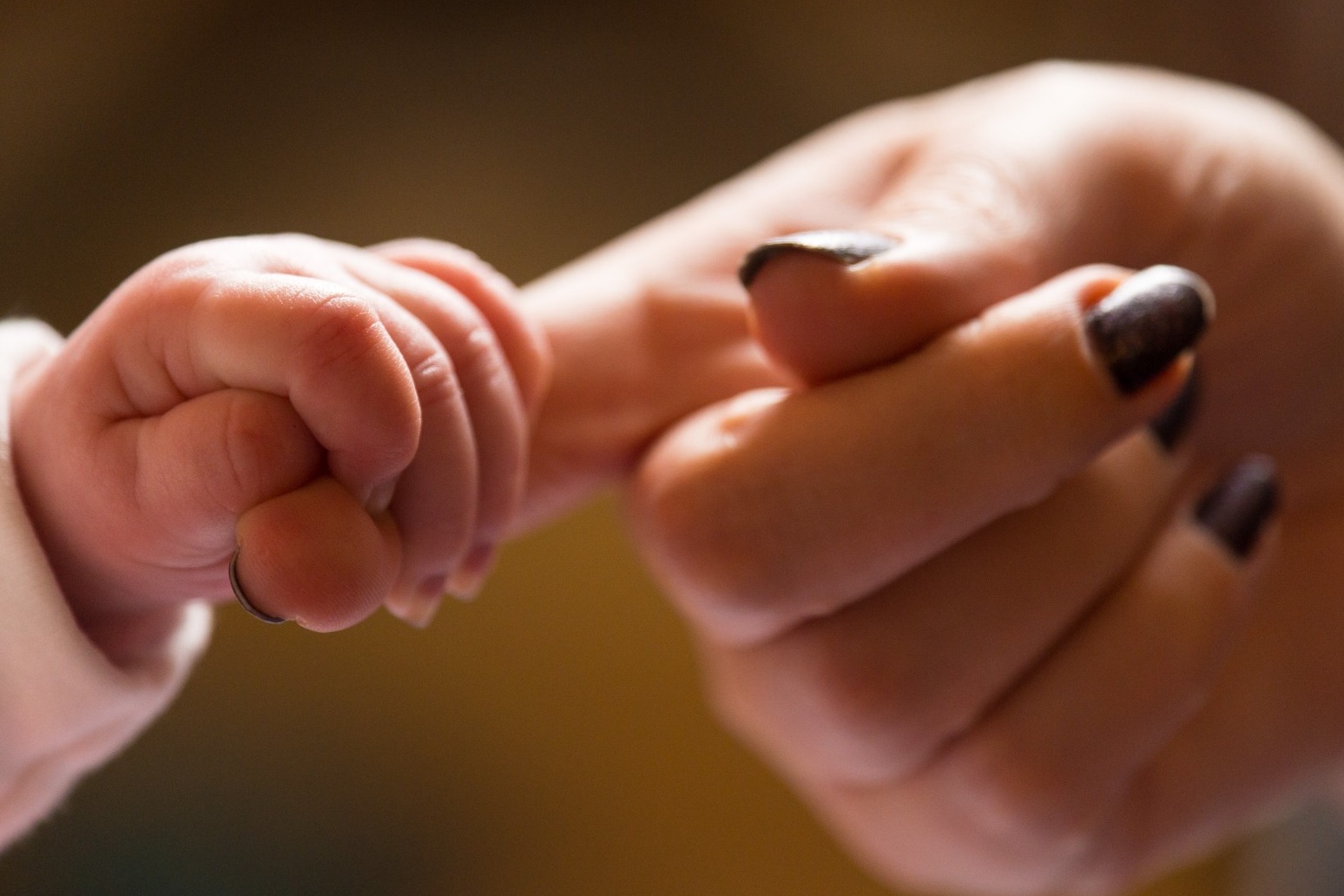Listeners:
Top listeners:
-
 play_arrow
play_arrow
WBPL – LIVE As Blackpool As You Are
 Adele - Easy On Me
Wow I love this song! Thank you for your amazing music!
Aria R.
Adele - Easy On Me
Wow I love this song! Thank you for your amazing music!
Aria R.
 Deep Purple - Smoke On the Water
Shoutout to the rainbow in my life, Gina!
Orion S.
Deep Purple - Smoke On the Water
Shoutout to the rainbow in my life, Gina!
Orion S.
 Luna Park - Space Melody (Radio Version)
Calling my cosmic companion, Jane! Hit play and let's embark on a musical space journey.
Luna Park - Space Melody (Radio Version)
Calling my cosmic companion, Jane! Hit play and let's embark on a musical space journey.


Researchers found at least 80 minutes each week can bring benefits
New mothers can reduce the risk of developing postnatal depression if they can find time to exercise for more than an hour every week, according to a new study.
Exercising for at least 80 minutes each week could also help reduce symptoms among new mothers who have depression or anxiety, researchers found.
But they should balance exercise with their recovery from childbirth, experts said.
They could restart exercise with “gentle” walks, which they can do with their babies, and then increase to “moderate” activity when they are ready, they added.
This moderate physical activity could include brisk walking, water aerobics, stationary cycling or resistance training, according to a team of academics in Canada.
The researchers pooled data from available evidence on the impact of exercise after childbirth.
Their new study, published in the British Journal of Sports Medicine, examined 35 studies involving more than 4,000 women from 14 different countries.
The odds of postpartum depression were reduced by 45% among those who engaged in exercise compared to those who did not.
And exercise was associated with less severe symptoms of depression and anxiety after giving birth.
Starting exercise before 12 weeks after birth was linked to a greater reduction in depressive symptoms than starting it later.
And the greater the exercise volume the greater the reduction in the severity of symptoms, the research found.
To reap the benefits of exercise, women should try and engage in at least 80 minutes of moderate intensity exercise each week.
And they should try to be moderately active on at least four days of the week.
Lead author Professor Margie Davenport, from the University of Alberta, told the PA news agency: While historical recommendations suggest waiting for six weeks before starting moderate to vigorous intensity exercise, more recent work has suggested that early mobilisation and incorporation of light intensity physical activity such as gentle walking can facilitate postpartum recovery.”
She added: “Once (the mother) has recovered from labour and delivery, going for short gentle walks is encouraged.
“Walking is a great way to get exercise, and it’s something you can do with your baby.
“As she is ready to begin more vigorous exercise, we recommend a gradual but progressive fashion.
“It’s important that attention is paid to symptoms such as poor recovery after exercise which may mean that exercise is progressing too quickly.
“Those who experience urinary incontinence are recommended to speak to a pelvic floor physiotherapist for assessment and treatment.
“Everyone’s ideal starting time will be different balancing the need to recover and heal from childbirth with readiness to begin being physically active to derive both physical and mental health benefits.”
Some 275 women in the UK died during pregnancy or in the six weeks afterwards in 2020-2022, according to the latest MBRRACE-UK report.
And 31 of these deaths were attributed to mental health conditions.
Published: by Radio NewsHub
Written by: admin
-
Recent Posts
- Quarter Say New Archbishop Of Canterbury Should Talk Less Politics Polling
- Fifth Of Adults Think Tea Originates In UK Fairtrade Poll Finds
- Members Of Israeli Government Have Genocidal Intent Says UK Minister
- Call For Plain Packaging For Vapes To Reduce Use By Teenagers
- Georgia Hunter Bell Takes Silver And Keely Hodginson Bronze In 800m Final
Chart
-

1
Jonas Blue, Liam Payne And Lennon Stella
Polaroid
-

2
Tanja Thomas
One Way Ticket (To The Blues)
-
3
The Monkees, 01.01
I'm A Believer
-
Top popular

Difficult day as last blast furnace shuts down at Port Talbot steelworks

UK Government charters flight for Britons in Lebanon

Household energy bills to rise for winter as Ofgem lifts price cap

Downton Abbey creator Julian Fellowes Dame Maggie Smith was blessing in my life

Ringleader of plot to smuggle 76m of cocaine into UK hidden in bananas jailed

WHO WE ARE
We are bringing the fun back to the seaside city, and we live and love EVERYTHING Blackpool!
CONTACT
- info@wbplradio.com
Copyright The Mediasite UK - 2024.



